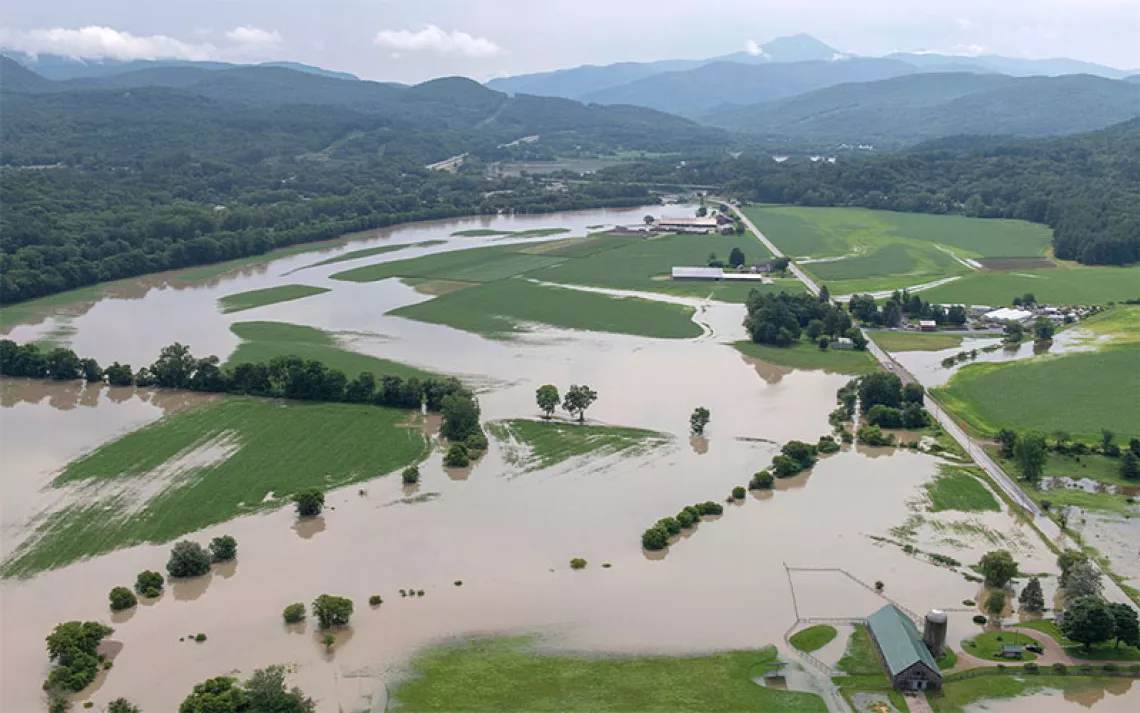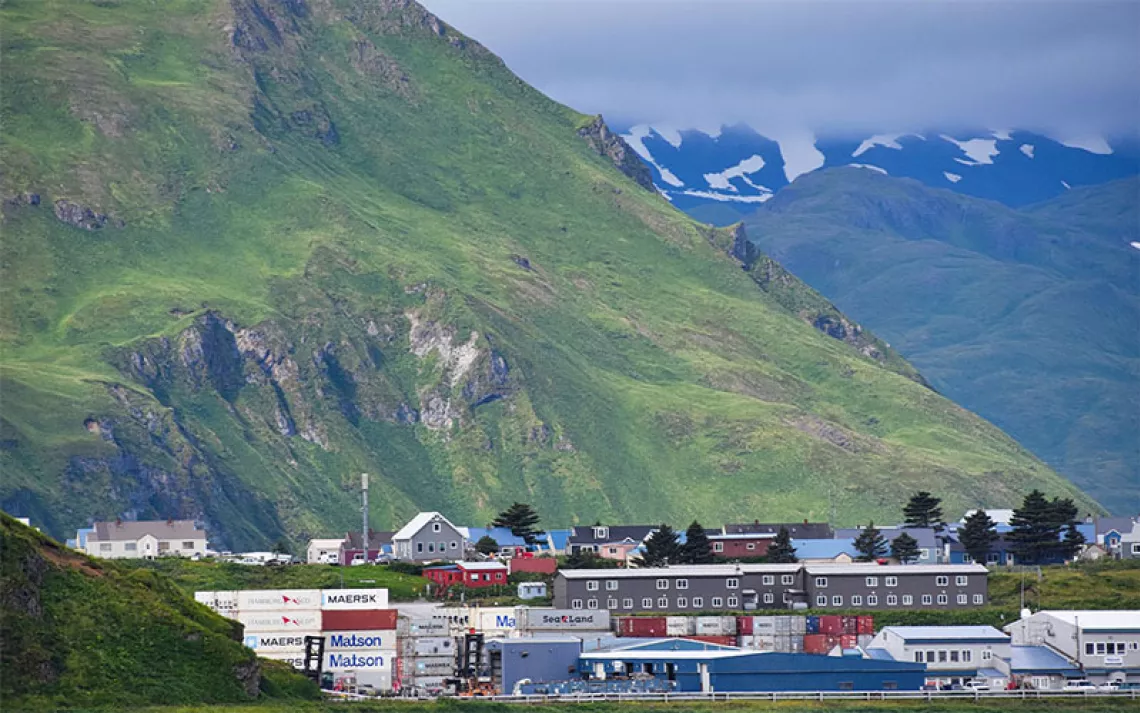Environmental News Roundup
What's new on our planet, ICYMI

Illustrations by Peter Arkle
August and September are the hottest on record, with August tying July for the hottest month in history. They are the 16th and 17th straight months to set heat records. Earth is the warmest it has been in 100,000 years.
Atmospheric concentrations of carbon dioxide never drop below 400 parts per million in September, a month when CO2 is usually at a minimum. Earth's CO2 levels will now likely remain above 400 ppm.
With the European Union's ratification of the Paris Climate Agreement, the historic accord goes into effect. It aims to limit global warming to 1.5°C above preindustrial levels.
Donald J. Trump, who calls climate change a hoax and promises to withdraw the United States from the Paris Agreement, is elected president.

"Toughie," the world's last Rabbs' fringe-limbed tree frog, dies.
Once nearly extinct, California sea otters are back in record numbers. A precipitous decline in the number of sea stars due to a mysterious wasting disease (see "Sea Stars") may have led to a boom in the population of sea urchins, a favorite food of both sea stars and otters.
The U.S. Fish and Wildlife Service proposes listing the rusty patched bumblebee as an endangered species.
After a record-magnitude 5.8 earthquake, Oklahoma authorities temporarily shut down 37 deep injection wells within a 725-square-mile area of the epicenter.
More than 100 nations agree to limit their use of hydrofluorocarbons, a class of very powerful greenhouse gases used in air conditioners.
Shell Oil Company says that its carbon-capture-and-storage project in Alberta, Canada's tar sands fields sequestered 1 million tons of CO2 in its first year of operation.
Canada will impose a nationwide tax on carbon emissions.
For six months in 2016, solar panels in the United Kingdom produce more electricity than does coal.
Between 2007 and 2014, poachers killed 30 percent of Africa's savanna elephants. Between 2002 and 2011, they slaughtered 62 percent of forest elephants.
Rangers in South Africa's Kruger National Park kill 350 hippos and buffalo to prevent the animals from suffering during the worst drought in 35 years.
Since the early 1990s, Earth has lost 10 percent of its wilderness.

Nine out of 14 populations of humpback whales have recovered enough to be removed from the endangered-species list.
California bans the captive breeding of orcas as well as their use in entertainment.
This article appeared in the January/February 2017 edition with the headline "Up to Speed: Two Months, One Page."
This article has been corrected.
 The Magazine of The Sierra Club
The Magazine of The Sierra Club



